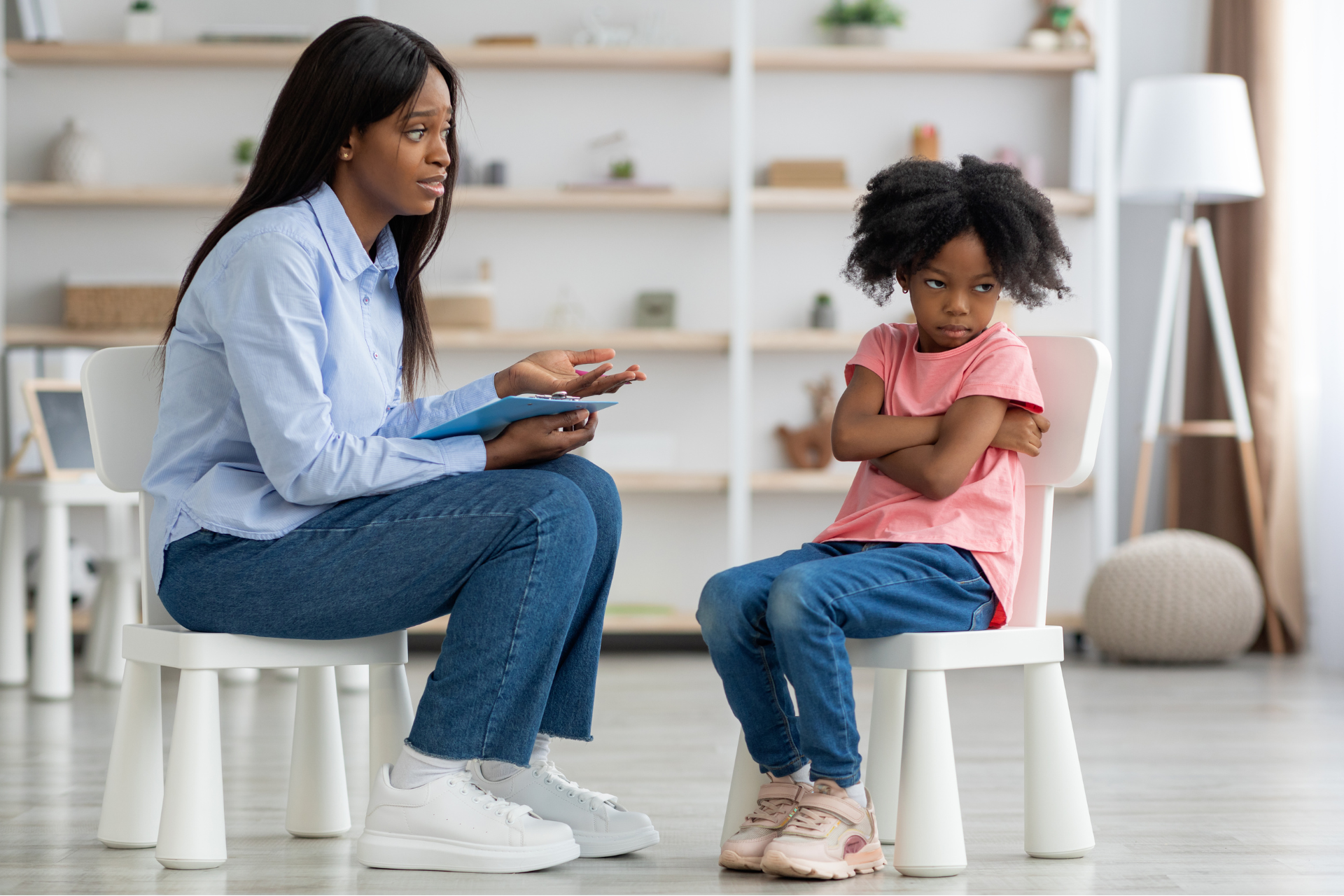Repairing a broken parent-child relationship

When I met Tom last year after his divorce and his ex’s remarriage to someone who was determined to “erase” Tom from his son’s life, things were so bad, he hadn’t spoken to his son in more than a year, and hadn’t seen his son for much longer than that.
Tom longed to fix the relationship with his son, but he was filled with self-doubt whether he would be successful.
Was it too late? Would he even know what to say to his son? What if his son was angry? What if he had questions Tom didn’t know how to answer?
Tom created a plan to reconnect with his son. He got a lawyer to help with the structure. Meanwhile, he and I worked on making a plan.
First we needed to relieve some of the tremendous pressure Tom was feeling to get everything “right."
- Feeling like he needed to “do everything perfectly,” was preventing him from actually being in the moment
- He could relax and be himself with his son when he stopped pressuring himself to be “Dad of the year” every moment
- His son didn’t need everything to be perfect. He just needed his dad to show up authentically.
Instead of trying so hard to force it, Tom could be himself. He could be authentic.
When things felt awkward, Tom acknowledged it. When his son asked questions, Tom shared how difficult the situation was for everyone. When his son was angry, Tom told his son his feelings were valid.
Now, Tom and his son connect multiple times a week by phone. They have special weekends where Tom flies out to see his son, and eventually his son will fly to see Tom.
They have gone from having no contact to a connected, authentic, loving relationship.
Sometimes it’s still challenging or awkward. Sometimes Tom wonders what to say to his son on the phone.
But that’s what parenting is like. We don’t have to be perfect, but we do have to show up with honesty.
The most important thing is that Tom is allowing himself to relax a little more, enjoy the ride, and he never, ever gave up on the dream of a connection with his son.












